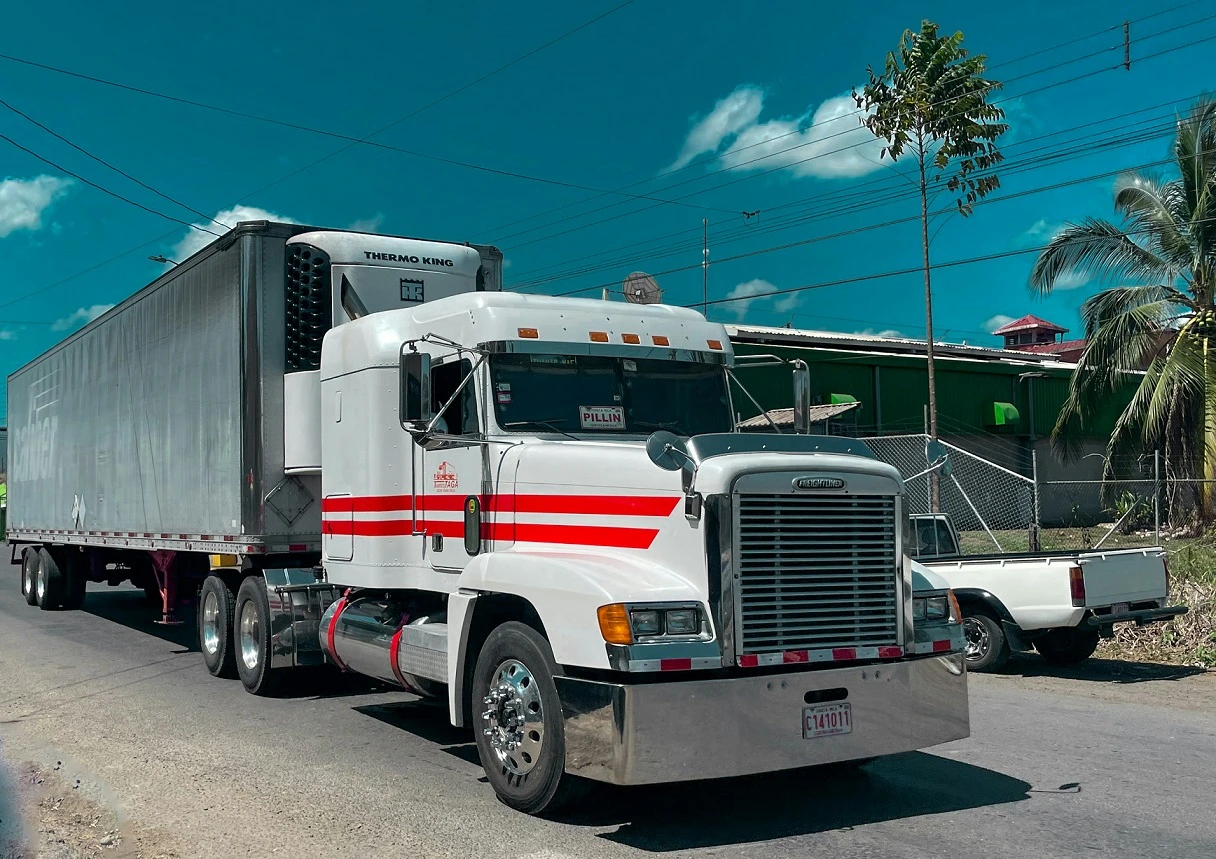Transportation Services: The Backbone of Modern Commerce
Introduction
Transportation services are essential to the functioning of local, national, and global economies. They enable the movement of goods and people, facilitating trade and connectivity. In this blog post, we will explore the various facets of transportation services, the trends shaping the industry, and their importance in today’s fast-paced world.
Understanding Transportation Services
Types of Transportation Services
Transportation services can be broadly categorized into several types, each serving specific needs:
- Freight Transportation: This involves the movement of goods and commodities. It can be further divided into:
- Road Freight: Utilizing trucks and vans for local and regional delivery.
- Rail Freight: Efficient for long distances, especially for bulk commodities.
- Air Freight: Ideal for time-sensitive deliveries, despite higher costs.
- Maritime Freight: Crucial for international shipping, handling large volumes of cargo.
- Passenger Transportation: This includes services that move people, such as:
- Public Transit: Buses, subways, and trams that serve urban populations.
- Taxi and Ride-Sharing: Flexible options for individual travel.
- Air Travel: Commercial airlines that connect cities and countries.
- Logistics and Supply Chain Management: This encompasses the planning and execution of the efficient movement of goods. It includes inventory management, warehousing, and distribution.
The Importance of Transportation Services
Transportation services are vital for several reasons:
- Economic Growth: Efficient transportation systems reduce costs and increase productivity, contributing to economic growth. They enable businesses to access new markets and resources, driving innovation and competition.
- Global Trade: Transportation services are the backbone of global trade, allowing countries to import and export goods. This interconnectedness fosters international relationships and economic interdependence.
- Job Creation: The transportation sector is a significant source of employment, providing jobs in driving, logistics, management, and maintenance.
- Connectivity: Transportation services enhance connectivity, making it easier for people to access jobs, education, and healthcare. This is particularly important in rural and underserved areas.
Trends Shaping the Transportation Industry
Technological Advancements
The transportation industry is experiencing a technological revolution, with innovations such as:
- Autonomous Vehicles: Self-driving technology promises to reduce the need for human drivers, potentially increasing safety and efficiency.
- Electric and Hybrid Vehicles: As environmental concerns grow, the shift towards electric and hybrid vehicles is becoming more prevalent, reducing emissions and operating costs.
- Digital Logistics Solutions: Software platforms are enhancing supply chain visibility and efficiency, allowing businesses to track shipments in real-time and optimize routes.
Sustainability Initiatives
Sustainability is a major focus in the transportation sector. Companies are adopting greener practices, such as:
- Alternative Fuels: Investing in biodiesel, hydrogen, and electric fuels to reduce carbon footprints.
- Optimized Routing: Using data analytics to create more efficient delivery routes, minimizing fuel consumption and emissions.
- Sustainable Packaging: Implementing eco-friendly packaging solutions to reduce waste during transportation.
Shifts in Consumer Behavior
The rise of e-commerce has transformed consumer expectations regarding delivery services. Key trends include:
- Same-Day Delivery: Consumers increasingly expect rapid delivery options, pushing companies to streamline their logistics.
- Personalized Services: Tailoring transportation solutions to meet individual customer needs is becoming essential for competitive advantage.
Challenges in the Transportation Sector
Despite its importance, the transportation industry faces significant challenges:
- Infrastructure Limitations: Aging infrastructure can lead to delays and increased costs. Investment in modernizing roads, bridges, and public transit systems is crucial.
- Regulatory Compliance: Navigating complex regulations and safety standards can be challenging for transportation providers, especially in international markets.
- Economic Volatility: Fluctuations in fuel prices, economic downturns, and geopolitical events can impact transportation costs and availability.
Conclusion
Transportation services are an integral part of our daily lives and the global economy. As the industry evolves, it must adapt to technological advancements, consumer demands, and sustainability initiatives. By addressing challenges and embracing innovation, transportation services can continue to thrive, ensuring that goods and people move efficiently and effectively.
At Ikodan, we understand the critical role transportation plays in the supply chain and are committed to providing reliable and efficient services. Whether you require logistics support or freight transportation, our expertise ensures that your needs are met with professionalism and care. For more information about our transportation services, visit our website or contact us today!

